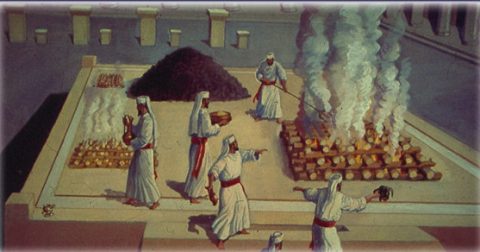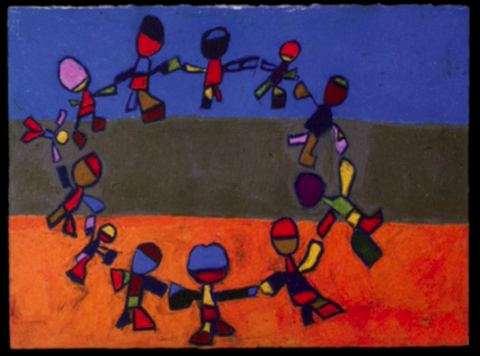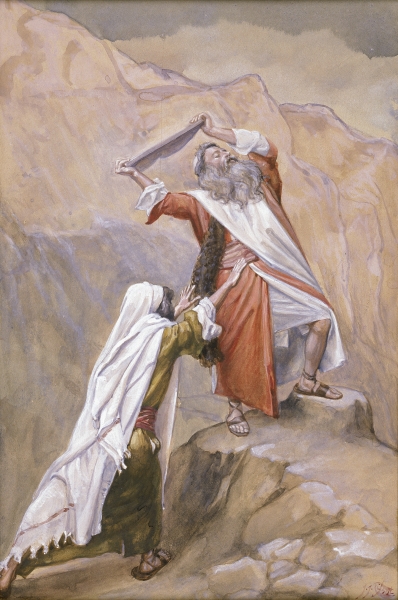Naso – Num. 4:21-7:89
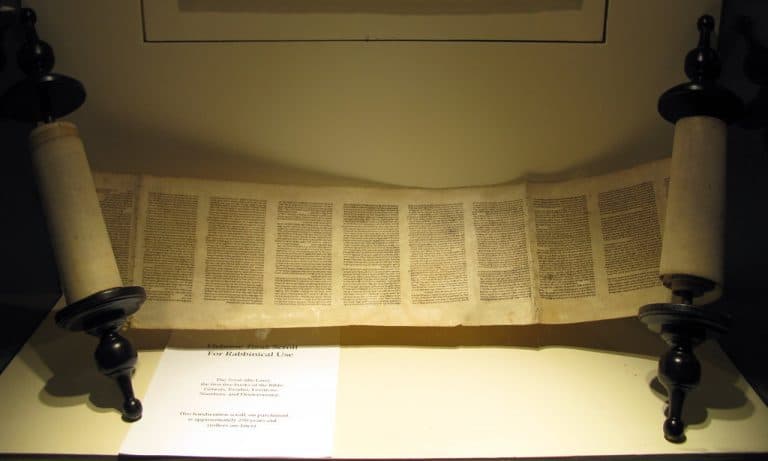
As the Torah Turns
Rabbi Lader’s Weekly D’var Torah
Naso – Num. 4:21-7:89
Our Torah portion this week 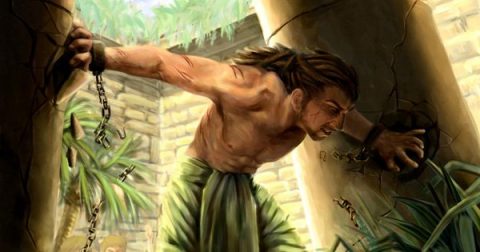 is Naso – Num. 4:21-7:89, and contains the laws of the Nazarite. A Nazarite was a person (man or woman) who took it upon him/herself, usually for a limited amount of time, to observe special rules of holiness and abstinence: not to drink wine or other intoxicants (including anything made from grapes), not to cut his/her hair, and not to defile themselves by contact with the dead. On the one had, those who take this vow are called by Torah “holy to God” (Num. 6:8) and on the other hand, when the Nazarite’s vow comes to an end, he/she is to bring a sin offering… as if they had done something wrong. Is the sin offering presented as a result of leaving a life of holiness… or as a result of sequestering oneself from the pleasures of life itself? Rabbi Jonathan Sacks comments on this (in Essays on Ethics – Naso) as he points out that “…these are two ways of understanding the moral life itself. Is the aim for the moral life to achieve personal perfection? Or is it to create a decent, just, and compassionate society?… You cannot have both…” One can adopt a life of personal perfection… or realize that there are other people at stake… As Rabbi Sacks writes: “There are members of one’s own family and others within one’s own community. There is a country to defend and an economy to sustain… We are called on by God to live in the world, not to escape from it…” (Essays, p. 225) Today… at this moment… we are called upon to live and care about and for our family, our community, our country, and our world. And… my heart is crying out… It has been almost two weeks of flashbacks to the late 1960’s and early 1970’s… Civil Rights have moved forward bit by bit… but there have been too many flash-points along the way as the decades have gone by. What CAN we do? Solutions will not arise overnight. When more and more of us can become better advocates for anti-racism… When it can reach a tipping point… and stay there… we can make and build on systemic change. It takes effort. It takes courage. It takes open hearts and open minds and open hands. And it takes learning from and listening to each other. I sit on the Community Relations Committee of Cleveland’s Jewish Community Federation, and this past early winter I had the opportunity to take the 21-day Challenge to learn more about racial equity. It’s not a 1-day challenge. Change does not happen in one day. Nor after 21 days; but 21 days are a start. Please take a look at the following sites and consider taking the challenge yourself, or together with a group… or just making your way through some of these amazing resources… [Please let me know if I can be helpful in any way.]
is Naso – Num. 4:21-7:89, and contains the laws of the Nazarite. A Nazarite was a person (man or woman) who took it upon him/herself, usually for a limited amount of time, to observe special rules of holiness and abstinence: not to drink wine or other intoxicants (including anything made from grapes), not to cut his/her hair, and not to defile themselves by contact with the dead. On the one had, those who take this vow are called by Torah “holy to God” (Num. 6:8) and on the other hand, when the Nazarite’s vow comes to an end, he/she is to bring a sin offering… as if they had done something wrong. Is the sin offering presented as a result of leaving a life of holiness… or as a result of sequestering oneself from the pleasures of life itself? Rabbi Jonathan Sacks comments on this (in Essays on Ethics – Naso) as he points out that “…these are two ways of understanding the moral life itself. Is the aim for the moral life to achieve personal perfection? Or is it to create a decent, just, and compassionate society?… You cannot have both…” One can adopt a life of personal perfection… or realize that there are other people at stake… As Rabbi Sacks writes: “There are members of one’s own family and others within one’s own community. There is a country to defend and an economy to sustain… We are called on by God to live in the world, not to escape from it…” (Essays, p. 225) Today… at this moment… we are called upon to live and care about and for our family, our community, our country, and our world. And… my heart is crying out… It has been almost two weeks of flashbacks to the late 1960’s and early 1970’s… Civil Rights have moved forward bit by bit… but there have been too many flash-points along the way as the decades have gone by. What CAN we do? Solutions will not arise overnight. When more and more of us can become better advocates for anti-racism… When it can reach a tipping point… and stay there… we can make and build on systemic change. It takes effort. It takes courage. It takes open hearts and open minds and open hands. And it takes learning from and listening to each other. I sit on the Community Relations Committee of Cleveland’s Jewish Community Federation, and this past early winter I had the opportunity to take the 21-day Challenge to learn more about racial equity. It’s not a 1-day challenge. Change does not happen in one day. Nor after 21 days; but 21 days are a start. Please take a look at the following sites and consider taking the challenge yourself, or together with a group… or just making your way through some of these amazing resources… [Please let me know if I can be helpful in any way.]
https://debbyirving.com/21-day-challenge/
https://www.ywcaofcleveland.org/21-day-race-equity-challenge/ It is an enormous task, to create a decent, just, and compassionate society… but that does not mean we should not do our part to help be and make the change we want to see. * “You must be the change you wish to see in the world.” Mahatmas Ghandi^ “You are not obligated to complete the work, but neither are you free to desist from it.” Pirke Avot 2:21
From Previous Weeks
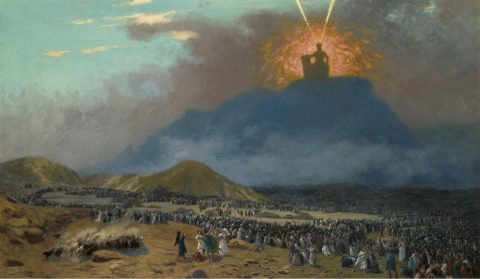
Shavuot
I was invited to share a few words during a zoom meet-up for our high school class, which included our…
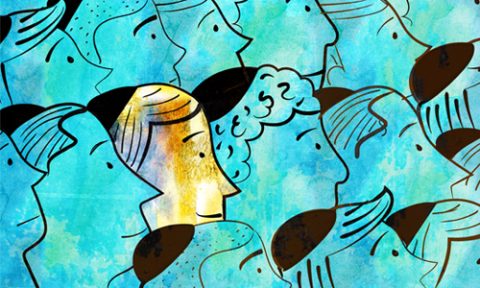
Bamidbar – Num. 1:1-4:20
Our Torah portion this week opens the book of Bamidbar – In the Wilderness… Num. 1:1-4:20. Our portion opens with…

BeHar/Be’Chukotai – Lev. 25:1-26:2/26:3-27:34
This week, we have another double portion – BeHar/Be’Chukotai – Lev. 25:1-26:2/26:3-27:34, which will bring us to the conclusion of the…

Emor – Lev. 21:1-24:23
Our Torah portion this week is ‘Emor – Lev. 21:1-24:23. We read about specific rules for Aaron, his sons, and future generations…


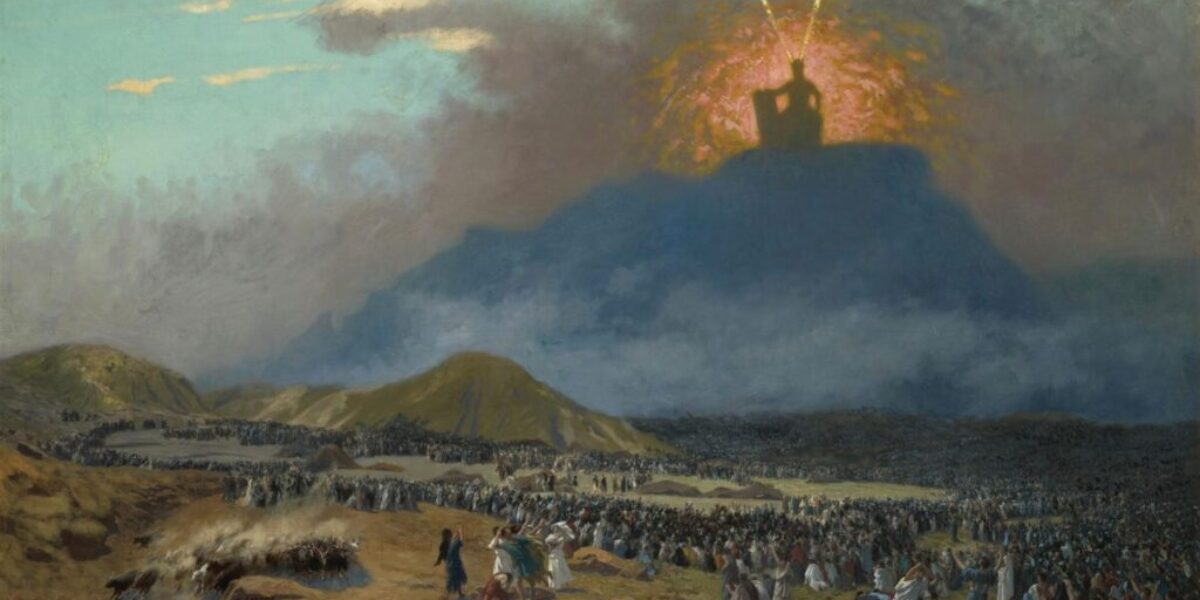

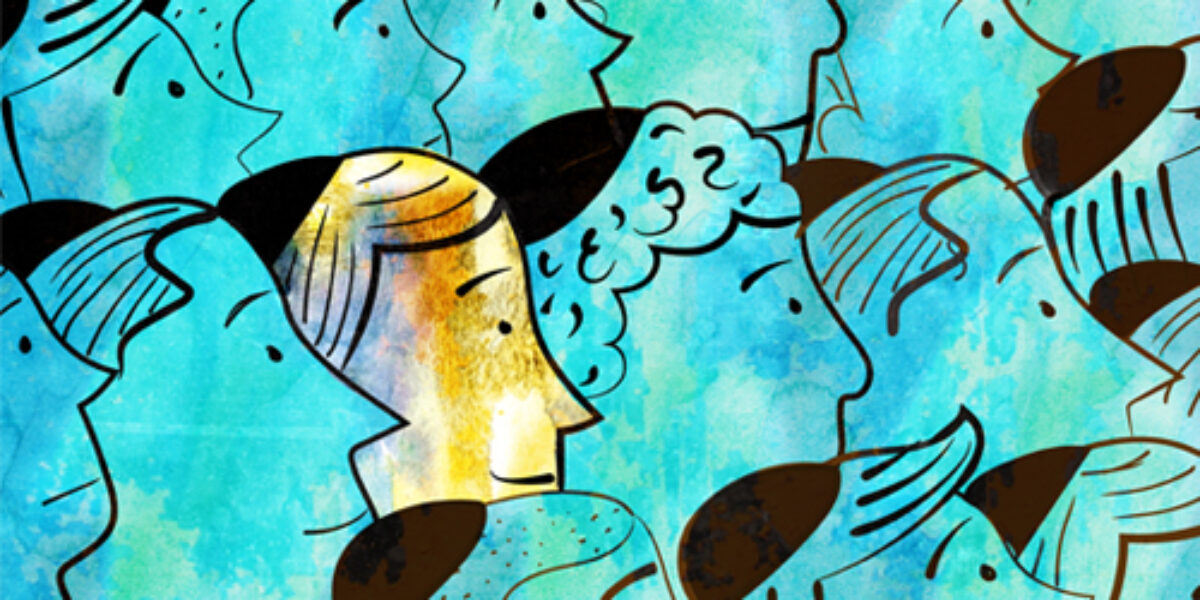
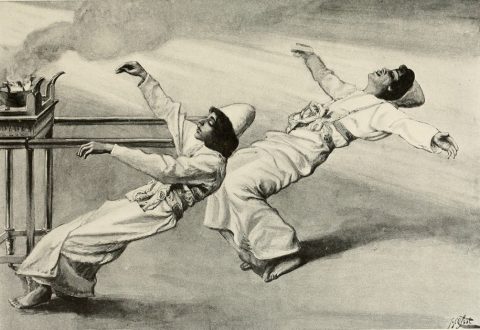

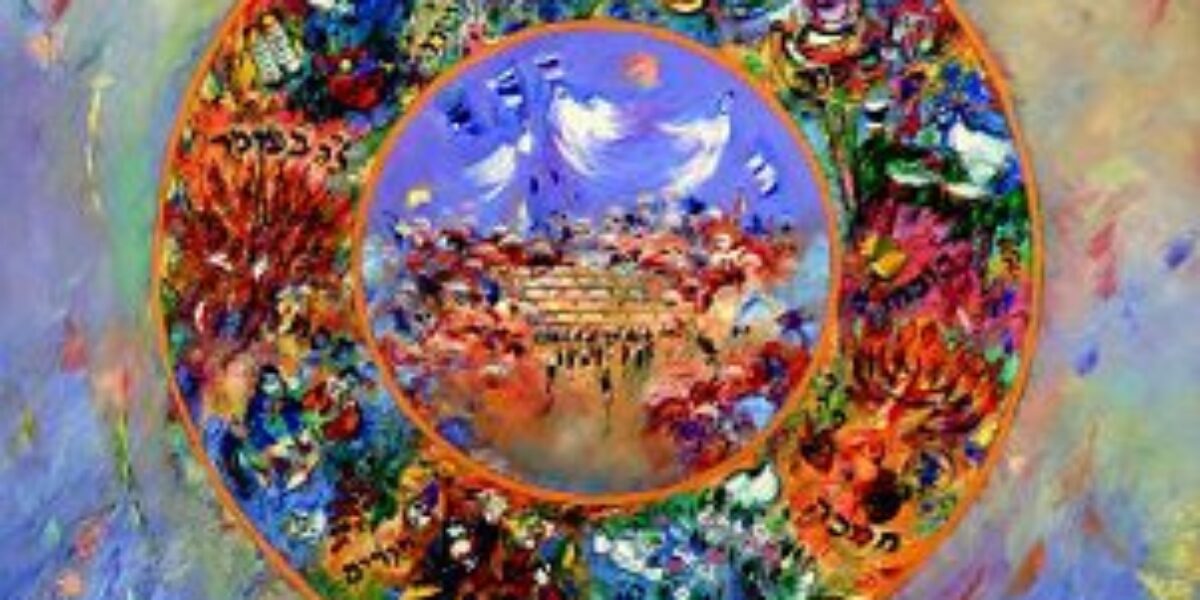



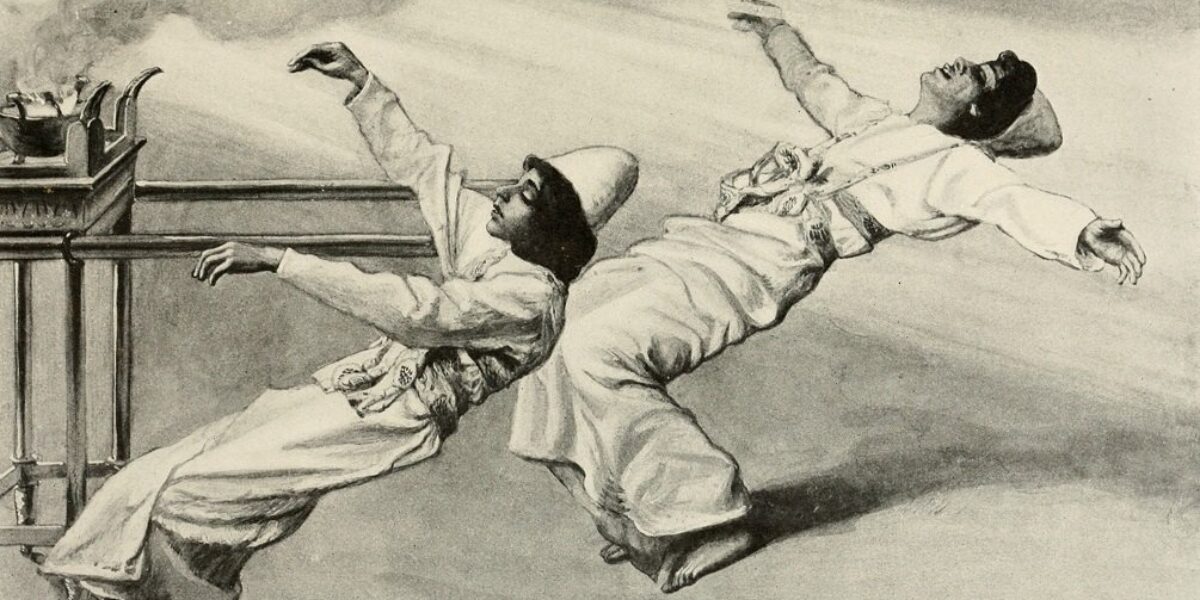
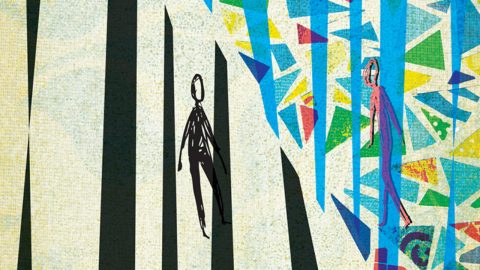 portion for our Torah reading: Tazria and M’tzora (Lev. 12:1-15:33). These portions have a reputation for inspiring fear and dread in many a bar or bat mitzvah student who receives it for their Shabbat service. These portions speak of bodily functions, illness, and quarantine, in relation to: Childbirth, Contact with bodily fluids, and Disease of the skin… And the texts then go on to detail how, upon contracting these various conditions, individuals need to go through a series of separations, inspections, and ritual cleansings before they are allowed back into the community. In particular, the disease, called tzara’at, is not only a human disease; it can affect the walls of people’s homes, as well as fabric, thereby extending the boundaries and scope of its effect. Rabbi Joe Black, Senior Rabbi at Temple Emanuel in Denver, Colorado, recently suggested that these laws about tzara’at—which we translate as leprosy, but clearly is something else—are not included in the narrative to teach us solely about cleanliness, diagnosis or medical care. Rather, they are about our fears. Tzara’at, in our text, is a disease that clearly has a powerful impact on the Ancient Israelite community. It is not only experienced physically, but spiritually. The fact that houses can be infected, as well as humans, points to how scary this can be. And we, too, are in a very scary time. Writes Rabbi Black: “This time of quarantine, illness, and loss has taken its toll on all of us. The facts that we cannot be physically close to one another; that our economy is suffering; that our national political discourse has become so toxic, are taking a toll on us physically, emotionally and spiritually. We do not know how long this will continue. We worry about our health and those of our loved ones—some of whom are dealing with the coronavirus, others who are vulnerable, and others who are on the front lines providing medical care, research, support, and other crucial services that allow us to function. We worry about how we will emerge from our isolation and what our world will look like once we do. In Tazaria and M’tzora, our ancestors had to deal with the unknown. They were afraid of something over which they had no control. The rituals of isolation, immersion (in the mikvah to achieve ritual purification), and re-entry were designed to provide a safe framework for the people – the afflicted and the larger community – to feel that they were not endangered by this unseen enemy…” Perhaps one of our key tasks at this time is to try to understand and anticipate our fear of the unknown and our reactions to it. As such, Rabbi Black proposes the following seven questions/encouragements for each of us to explore as we continue on our journey:
portion for our Torah reading: Tazria and M’tzora (Lev. 12:1-15:33). These portions have a reputation for inspiring fear and dread in many a bar or bat mitzvah student who receives it for their Shabbat service. These portions speak of bodily functions, illness, and quarantine, in relation to: Childbirth, Contact with bodily fluids, and Disease of the skin… And the texts then go on to detail how, upon contracting these various conditions, individuals need to go through a series of separations, inspections, and ritual cleansings before they are allowed back into the community. In particular, the disease, called tzara’at, is not only a human disease; it can affect the walls of people’s homes, as well as fabric, thereby extending the boundaries and scope of its effect. Rabbi Joe Black, Senior Rabbi at Temple Emanuel in Denver, Colorado, recently suggested that these laws about tzara’at—which we translate as leprosy, but clearly is something else—are not included in the narrative to teach us solely about cleanliness, diagnosis or medical care. Rather, they are about our fears. Tzara’at, in our text, is a disease that clearly has a powerful impact on the Ancient Israelite community. It is not only experienced physically, but spiritually. The fact that houses can be infected, as well as humans, points to how scary this can be. And we, too, are in a very scary time. Writes Rabbi Black: “This time of quarantine, illness, and loss has taken its toll on all of us. The facts that we cannot be physically close to one another; that our economy is suffering; that our national political discourse has become so toxic, are taking a toll on us physically, emotionally and spiritually. We do not know how long this will continue. We worry about our health and those of our loved ones—some of whom are dealing with the coronavirus, others who are vulnerable, and others who are on the front lines providing medical care, research, support, and other crucial services that allow us to function. We worry about how we will emerge from our isolation and what our world will look like once we do. In Tazaria and M’tzora, our ancestors had to deal with the unknown. They were afraid of something over which they had no control. The rituals of isolation, immersion (in the mikvah to achieve ritual purification), and re-entry were designed to provide a safe framework for the people – the afflicted and the larger community – to feel that they were not endangered by this unseen enemy…” Perhaps one of our key tasks at this time is to try to understand and anticipate our fear of the unknown and our reactions to it. As such, Rabbi Black proposes the following seven questions/encouragements for each of us to explore as we continue on our journey: 